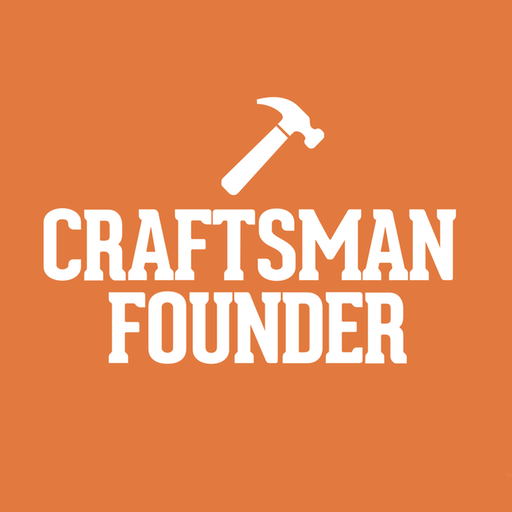Podcast 11: How to Build a Brand with Jeremiah Gardner and Brant Cooper
Brand building isn’t just for big companies. Any time you are interacting with a customer or user, your are building your brand. If you aren’t doing it intentionally, then you are doing it implicitly. Jeremiah Gardner and Brant Cooper just wrote a book The Lean Brand, that gives you step by step instructions for how to build a great brand for yourself or your company. Learn their secrets in this week’s podcast.
Show Notes
- What does brand mean? It’s a suitcase word. It means a lot of things to many people. It’s how people feel about a company, it’s a promise. In the book, we lay out like 20 definitions of what people mean when they say brand. What everyone is really trying to get at is that brand is the relationship that an organization creates with an audience. You don’t have relationships with a brand, the brand is the relationship.
- Why should an entrepreneur think about branding? Isn’t “brand” something bigger companies need to think about instead of startups? All companies are already doing branding. It’s just a question of whether you are intentionally doing branding or just doing branding on auto-pilot. Communications channels used to be only one way: was TV, radio, billboards. An organization really could just project their brand one way. But now not only has social media expanded brand to become an active conversation, but lowered the price to enter. Now anyone with a Twitter account should be thinking about their brand strategy.
- Do you have an example of a startup that ignored brand development? A startup we knew started out talking only about their features. The initial traction went nowhere because the conversation and debate was only about features. All they could do was debate about why or why not they had a certain feature. They missed out talking about the reason they built it in the first place. They were trying to make something valuable for people, but they were not communicating it.
- What’s in it to spend time thinking about brand? You get to create a positive feedback loop with customers. You can also create passionate users by doing this. Spending time branding can set your product apart. Zappos sells shoes. That’s not breakthrough or revolutionary, so brand is a differentiator that drives passion. Passionate customers are the ones who promote you on social media and email.
- How do you build a great brand? Ask yourself a few questions: what type of relationship do you want? Who is this for? Why do we believe that? How can we measure that and test it? The idea of lean brand development is to measure test and improve your brand over time.
- What experiments should you try when building your brand? Try wacky crazy experiments. They will differentiate you and give you the best learnings. Get away from a focus-group mentality and go out an try things.
- How do you do demographics profiling for branding? Demographics can be cold and sterile. Look at them like humans. Woman that are 35-45 and drive an SUV and go to soccer once a week is not a useful way to think about people. You have to look at their hopes, dreams and aspirations.
- What are some common branding pitfalls? People focus too much on the wrong thing: logos, business cards and tag-lines are not very important. Just start somewhere and measure and iterate. Google’s logo isn’t amazing. Step 1 is to understand that brand is a relationship, stop thinking about the artifacts like logos. Step 2 is to ask yourself why you are starting this business. Step 3 is to figure out the value of your product, what is the satisfaction you are going to deliver to your users. What will make people passionate about your company?
- What’s a big branding misconception? There is no product in the world that absolutely everyone needs. Don’t try to be everything to everyone. Focus on a small segment of people who will be most excited by your product and over-deliver to them.
About the Author
Lucas Carlson
Lucas Carlson is a hands-on consultant, author and entrepreneur. He helps founders discover opportunities for growth, both for their companies and for themselves. He was the CEO and founder of AppFog, a popular startup acquired in 2013 after signing up over 100,000 developers and raising nearly $10M in venture funding from top angels and VCs.
